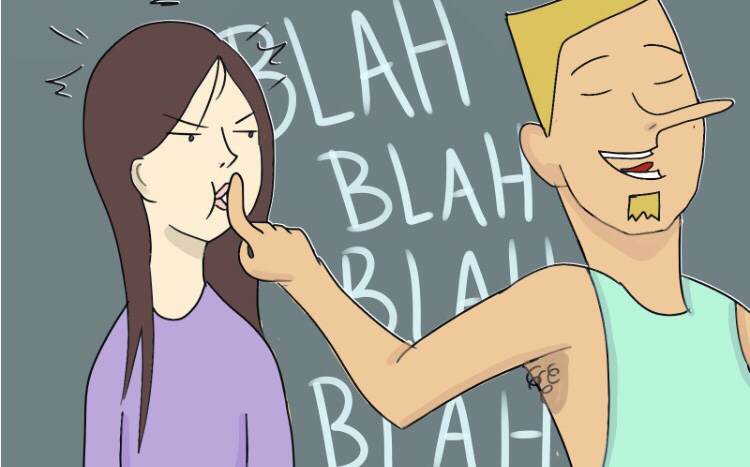If I have a new year’s resolution for 2018, it’s to be more open to feedback. Feedback terrifies me, because it’s an opportunity to be told I wasn’t very good at something. And if I’m not very good at something, I have clearly failed at life. But I’m working on it!
I have to admit I was surprised to find that I get a lot of positive feedback too. It’s strange how trying to protect yourself from bad feedback also keeps the good feedback from sinking in too. Here’s something students say to me:
“I like hearing about your opinion, it’s nice to have the benefit of your experience.”
I get this when I’m talking about ethics, or how my personal ontology affects my research (which is a whole other post I have drafted, but is also talked about in my book – which you can still pre-order on Amazon, Waterstones , Blackwells and at the Publisher) It used to make me uncomfortable. I worried that students might take my opinion as fact, or think they had to follow my opinion to get good grades. So when I give students my opinion, I preface it with lots of wiggle words “it’s only my opinion”, “now this isn’t fact” . . . why precisely?
I don’t want to create a horde of mini-mes when I teach. I’ve never been able to get that project past the ethics committee. But why do I shy away from my opinion? There might well be a gender bias there, and I try to soften my opinion to protect peoples’ feelings. But I think a lot of it is about the hard science bias. Try as I might, I can’t shake the idea that opinions (and those other icky subjective feelingy things) don’t have a place in real science.
But here’s the thing – students like it. They want to know what I think about these topics that they’ve chosen to study. Their studies are important to them. The people who teach them are also important to students. My research group is writing up a paper at the moment which explores aspects of the student-teacher relationship. Students want to feel respected by their teachers, and I think that (occasional) usage of opinion can be one of the ways to do that. When you share something like that with your students, you’re building trust with them. And it’s important to value their opinion too.
I absolutely love having ethics discussions with my students. I love exploring these concepts and sharing ideas. It shouldn’t be so surprising to me that my students enjoy that too.
